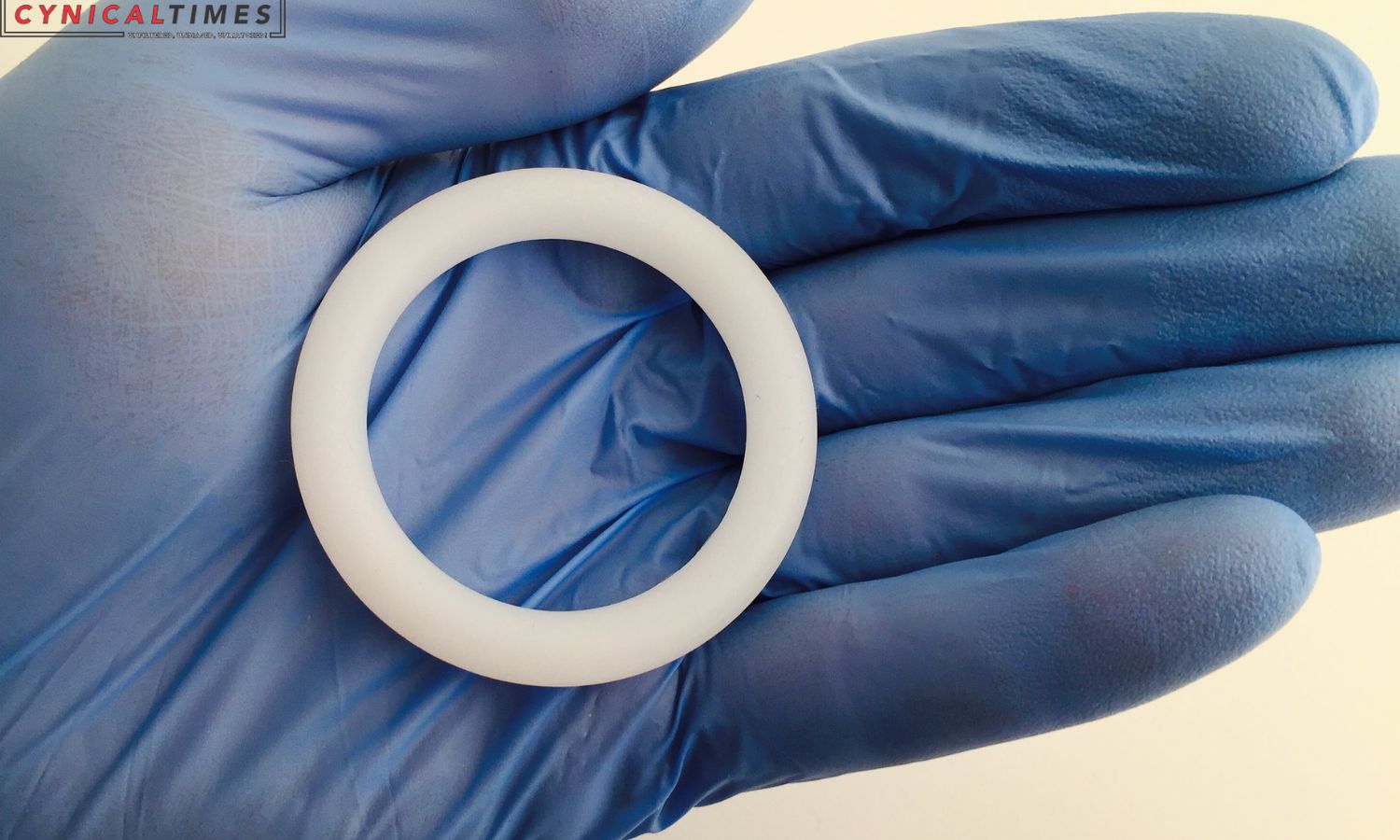Silicone Rings Against HIV: In a significant stride against HIV/AIDS, South African company Kiara Health, based in Johannesburg, is gearing up to manufacture vaginal rings designed to protect against HIV. The Population Council announced the collaboration, anticipating an annual production of one million rings in the coming years. These silicone devices, authorized by numerous countries and endorsed by the World Health Organization, release a preventive drug and are set to become a game-changer in the fight against HIV in Africa.
The nonprofit Population Council, which holds the rights to the rings, previously relied on a Swedish company for production. Now, with Kiara Health on board, the goal is to enhance accessibility. Currently, around 500,000 rings are available at no cost for women in Africa, thanks to donor support. The advantages of these rings, as highlighted by Ben Phillips from the U.N. AIDS agency, include the discreet and independent usage by women, providing an alternative for those whose partners may resist condom use or oral preventive medications.
HIV continues to be a leading cause of death among women of reproductive age in Africa, with 60% of new infections occurring in women, according to the World Health Organization. The vaginal ring, releasing the drug dapivirine over a month, has shown promise in reducing the risk of HIV transmission. While the current cost ranges from $12 to $16, experts anticipate a significant price drop as production scales up in Africa. Additionally, developers are working on an extended three-month version, further reducing annual expenses.
Also Read: America Record Suicide Toll in 2022: Facing the Shadows
Regulators in over a dozen African countries, including South Africa, Botswana, Malawi, Uganda, and Zimbabwe, have approved the ring following WHO recommendations. Advanced studies cited by WHO indicated a one-third reduction in women’s chances of acquiring HIV, with some research suggesting an even more substantial risk reduction exceeding 50%.
This breakthrough comes after activists passionately advocated for increased access to silicone rings during prominent AIDS meetings, emphasizing the urgent need for donors to support this innovative preventive measure for women in Africa. As Kiara Health takes the reins, the prospect of mass production brings hope for broader availability, marking a crucial step in the ongoing battle against HIV/AIDS in the region.
Our Reader’s Queries
How effective is the dapivirine ring?
The ring has been proven to reduce the risk of HIV by 35 percent, according to efficacy data. However, recent studies from open label extension suggest that the protection could be even higher, with a 50 percent reduction in HIV risk. This is great news for those who are at risk of contracting HIV and are looking for effective prevention methods. With this level of protection, the ring could be a game-changer in the fight against HIV.
How much does a dapivirine ring cost?
The dapivirine ring is expected to cost around $6-$8 per ring or $72-$96 per year, which is comparable to other products in the market. However, the real savings come from the reduced need for ongoing testing and high-cost laboratory services. This is because the ring requires less frequent testing, making it a more cost-effective option in the long run.
What are the 100 ways to prevent HIV?
To minimize the chances of contracting HIV, it is crucial to get tested for the virus. Opt for safer sexual practices and use condoms consistently during intercourse. Limiting the number of sexual partners and getting tested and treated for STDs can also help reduce the risk. Consider discussing pre-exposure prophylaxis (PrEP) with your healthcare provider. It is also advisable to avoid injecting drugs. Taking these precautions can significantly lower the risk of HIV transmission.
What are the side effects of dapivirine ring?
Dapivirine Vaginal Ring 25 mg may cause some side effects, which are quite common and may affect more than 1 in 20 people. These side effects include urinary tract infection, vaginal discharge, vulvovaginal pruritus (itching), and vulvovaginitis (inflammation or irritation of the skin of the vulvar and vaginal). However, these side effects are usually mild and can be easily managed. If you experience any of these side effects, it is recommended to consult your healthcare provider for proper guidance.

